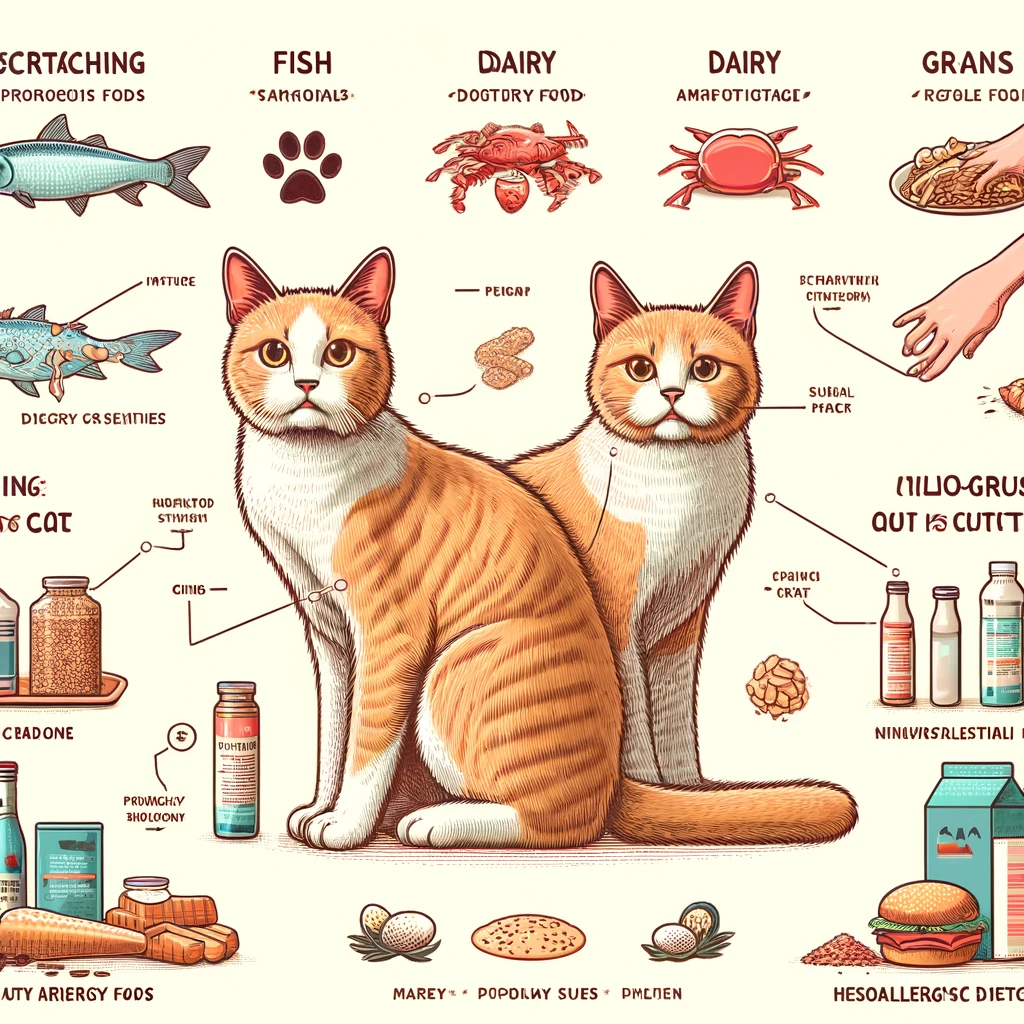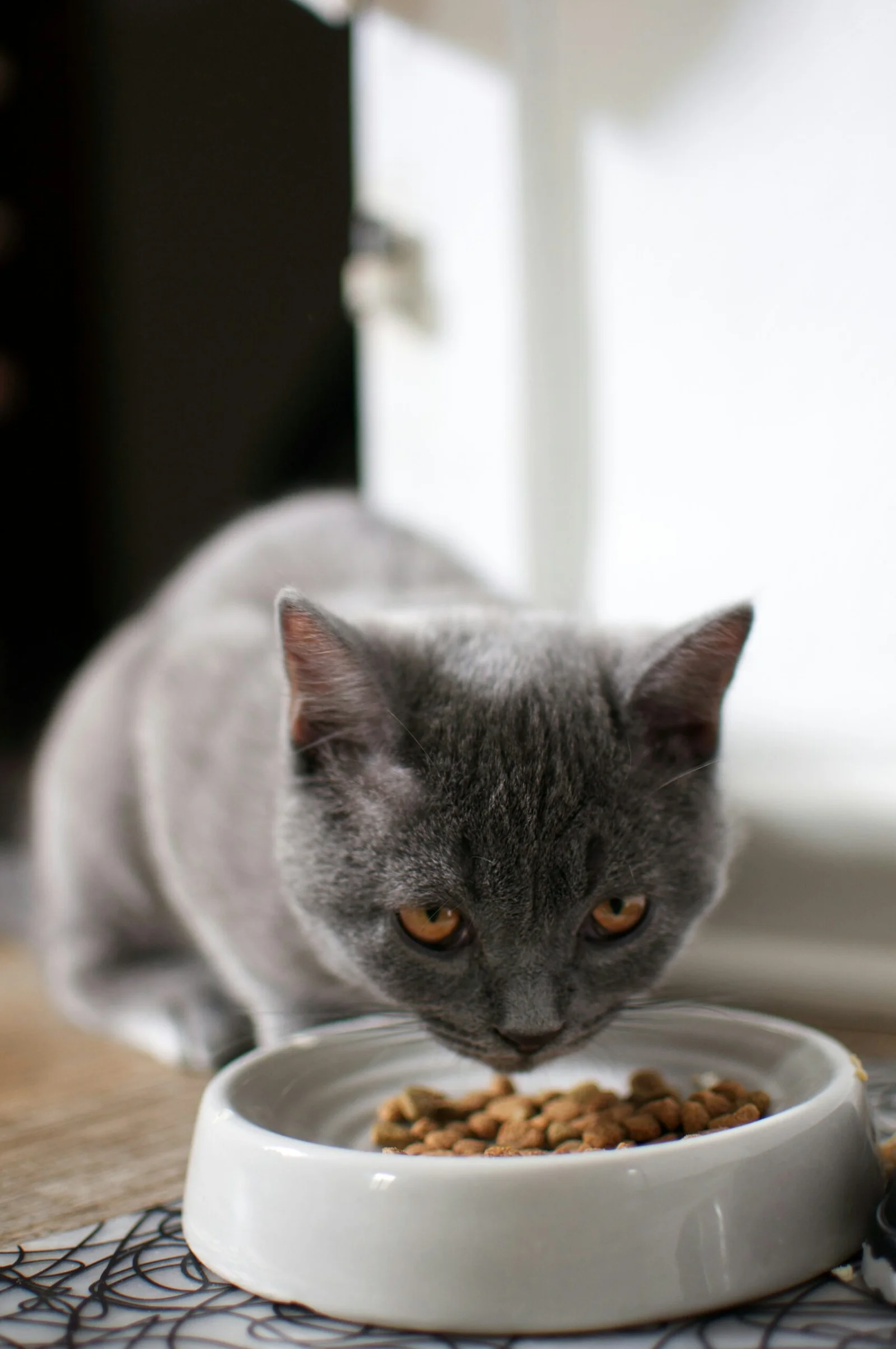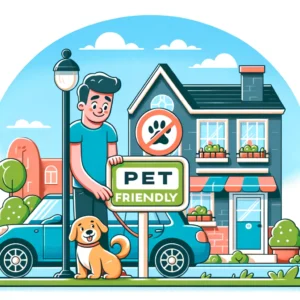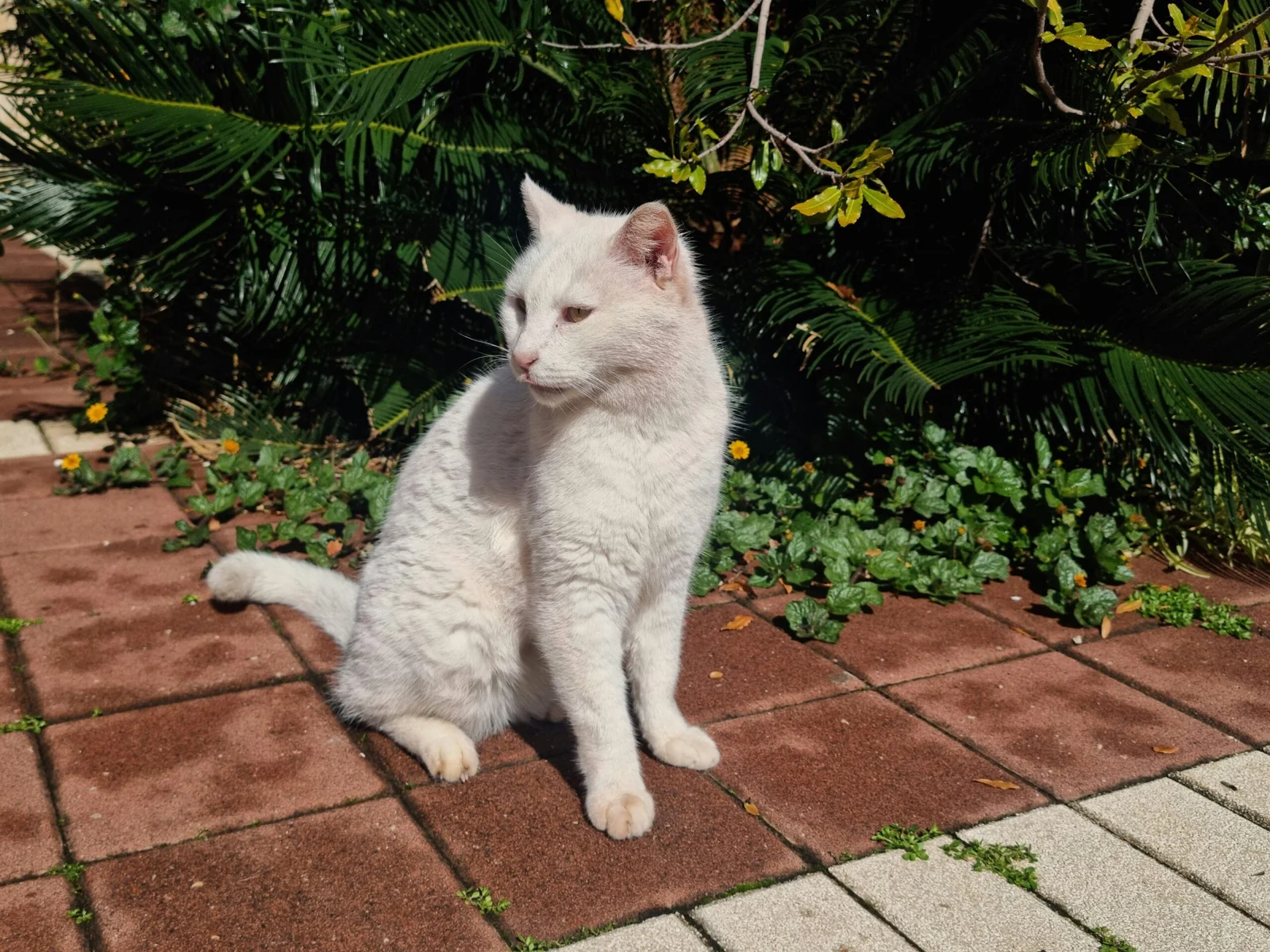Choosing the Best Diet for Your Cat: Homemade vs. Store-Bought
Cats Care and Nutrition: Homemade vs. Store-Bought
As a responsible cat owner, one of the most important decisions you’ll make is choosing the right diet for your feline friend. With so many options available, it can be overwhelming to decide between homemade and store-bought cat food. In this article, we’ll explore the pros and cons of each option, helping you make an informed choice for your cat’s health and well-being.
Homemade cat food has gained popularity in recent years, as more pet owners are concerned about the quality of ingredients in commercial cat food. By preparing your cat’s meals at home, you have complete control over the ingredients and can ensure that your cat is getting a balanced and nutritious diet. You can choose high-quality proteins, such as chicken or fish, and include fresh vegetables and fruits to provide essential vitamins and minerals.
However, making homemade cat food requires time and effort. You need to research and understand the nutritional needs of cats to create a well-balanced diet. It’s important to consult with a veterinarian or a feline nutritionist to ensure that your homemade cat food meets all the necessary requirements. Additionally, preparing homemade cat food can be more expensive than buying commercial options, as you need to purchase high-quality ingredients and supplements.
On the other hand, store-bought cat food offers convenience and a wide range of options. Commercial cat food is formulated to meet the nutritional needs of cats and is often backed by extensive research and testing. It comes in various forms, including dry kibble, wet food, and freeze-dried options, catering to different preferences and dietary requirements. Store-bought cat food also undergoes strict quality control measures to ensure safety and nutritional adequacy.
However, not all commercial cat foods are created equal. Some brands may use low-quality ingredients, fillers, and artificial additives that can be harmful to your cat’s health. It’s essential to read the labels carefully and choose reputable brands that prioritize quality and transparency. Additionally, some cats may have specific dietary needs or sensitivities that require specialized diets, which may not be readily available in commercial options.
In conclusion, both homemade and store-bought cat food options have their advantages and disadvantages. It ultimately depends on your cat’s specific needs, your budget, and the time and effort you’re willing to invest. Whichever option you choose, remember to consult with a veterinarian to ensure that your cat’s nutritional needs are met. A healthy and balanced diet is crucial for your cat’s overall well-being and longevity.
Understanding Your Cat’s Nutritional Needs
Before delving into the homemade vs. store-bought debate, it’s crucial to understand the nutritional needs of cats. Cats are obligate carnivores, which means they require a diet primarily consisting of meat. They need essential nutrients like protein, taurine, and arachidonic acid, which are found abundantly in animal-based sources.
Additionally, cats have specific dietary requirements, including a need for certain vitamins and minerals like vitamin A, vitamin D, calcium, and phosphorus. Meeting these nutritional needs is vital for their overall health, growth, and longevity.
Protein is a crucial component of a cat’s diet as it provides the necessary amino acids for their body to function properly. These amino acids are essential for various bodily functions, including the growth and repair of tissues, the production of enzymes and hormones, and the development of a healthy immune system. Without adequate protein intake, cats may experience muscle wasting, poor coat condition, and a weakened immune system.
Taurine is another essential nutrient for cats. It is an amino acid that plays a vital role in maintaining healthy heart function, vision, and reproductive health. Cats cannot synthesize taurine on their own, so it must be obtained through their diet. A deficiency in taurine can lead to serious health issues, including heart disease and vision problems.
Arachidonic acid is an omega-6 fatty acid that cats require for various physiological processes, including the production of inflammatory compounds and the maintenance of healthy skin and coat. It is predominantly found in animal fats, making it an essential component of a carnivorous diet.
In addition to these specific nutrients, cats also require certain vitamins and minerals to support their overall health. Vitamin A is essential for maintaining healthy vision, skin, and mucous membranes. Vitamin D is necessary for calcium and phosphorus absorption, which are crucial for bone health. Calcium is vital for proper muscle function, blood clotting, and nerve transmission, while phosphorus is necessary for energy metabolism and the formation of DNA and RNA.
While cats can obtain these nutrients from commercial cat food, some pet owners opt for homemade diets to have more control over their cat’s nutrition. However, it’s important to note that formulating a nutritionally balanced homemade diet for cats can be challenging and requires careful consideration of their specific dietary needs. Consulting with a veterinarian or a veterinary nutritionist is recommended to ensure that homemade diets meet all the necessary nutritional requirements.
Additional Considerations:
While there are definite advantages to preparing homemade cat food, it is important to consider a few additional factors before making the switch. One important aspect to keep in mind is the cost. Homemade cat food can be more expensive than commercial options, especially if you choose to use high-quality ingredients. It is crucial to assess your budget and determine if the cost is feasible in the long run.
Another point to consider is the time commitment involved. As mentioned earlier, preparing homemade cat food can be time-consuming. This is especially true if you have a busy schedule or are not accustomed to cooking for pets. It is important to evaluate whether you have the necessary time and energy to dedicate to this task on a regular basis.
Furthermore, it is essential to consult with a veterinarian or a veterinary nutritionist before switching to homemade cat food. They can provide guidance on formulating a nutritionally balanced diet that meets your cat’s specific needs. They can also help you identify any potential nutrient deficiencies or imbalances that may arise from homemade cat food.
Lastly, it is important to carefully monitor your cat’s health and well-being after transitioning to homemade cat food. Keep an eye out for any changes in their coat, energy levels, or digestion. Regular visits to the veterinarian are recommended to ensure that your cat is receiving all the necessary nutrients and to address any concerns that may arise.
In conclusion, homemade cat food can offer numerous benefits, such as quality control and customization, but it also comes with potential drawbacks, including nutritional imbalance and increased time and effort. By considering these factors and seeking professional guidance, you can make an informed decision about whether homemade cat food is the right choice for you and your feline companion.
The Pros and Cons of Store-Bought Cat Food
Commercial cat food is widely available and convenient for cat owners. Here are some pros and cons to consider:
Pros:
- Nutritional Balance: Reputable commercial cat food brands undergo extensive research and testing to ensure their products meet the nutritional needs of cats. They carefully formulate their recipes to provide the right balance of proteins, fats, carbohydrates, vitamins, and minerals that cats require for optimal health and well-being. This helps cat owners ensure that their pets are getting the essential nutrients they need to thrive.
- Convenience: Store-bought cat food is readily available and requires minimal preparation, making it a convenient option for busy cat owners. With store-bought cat food, you don’t have to worry about preparing meals from scratch or spending too much time in the kitchen. Simply open a can or pour some kibble into your cat’s bowl, and they are good to go.
- Variety: Commercial cat food comes in a wide range of flavors, textures, and formulations, allowing you to find the perfect fit for your cat’s preferences. Whether your cat prefers wet food or dry food, fish or poultry, or has specific dietary requirements such as grain-free or limited ingredient diets, there is a store-bought option available to suit their individual tastes and needs.
Cons:
- Quality Concerns: Not all commercial cat food brands prioritize quality ingredients, and some may contain fillers, by-products, or artificial additives. It is important for cat owners to carefully read the labels and choose brands that use high-quality, natural ingredients. This can be challenging, as some brands may use misleading marketing tactics to make their products appear healthier than they actually are. Additionally, the lack of strict regulations in the pet food industry can make it difficult to determine the true quality of a product.
- Lack of Customization: Store-bought cat food may not cater to your cat’s specific dietary needs or preferences. While commercial cat food offers a wide variety of options, it may not be suitable for cats with certain health conditions or food sensitivities. Some cats may require specialized diets prescribed by veterinarians, such as hypoallergenic or prescription diets, which may not be readily available in stores.
- Potential Allergens: Some cats may develop allergies or sensitivities to certain ingredients commonly found in commercial cat food. Common allergens include grains, dairy, and certain proteins such as chicken or fish. If your cat exhibits symptoms such as itching, gastrointestinal upset, or skin issues after consuming store-bought cat food, it may be necessary to explore alternative options, such as homemade or specialized diets, to identify and eliminate potential allergens.
When considering whether to make homemade cat food or purchase it from a store, it’s important to take into account your cat’s individual needs. Some cats may have specific dietary requirements due to health conditions or allergies, which may be better accommodated by homemade meals. In these cases, consulting with a veterinarian or feline nutritionist is vital to ensure that the homemade food provides all the necessary nutrients.
Preparing homemade cat food requires time and effort. It involves researching and selecting appropriate ingredients, preparing the meals, and ensuring that they are nutritionally balanced. While some cat owners enjoy the process and find it rewarding, others may find it challenging or time-consuming.
On the other hand, store-bought cat food offers convenience and a wide range of options. Reputable brands invest in research and development to create nutritionally balanced formulas that meet the dietary needs of cats. These products often undergo rigorous testing to ensure their quality and safety. Additionally, store-bought cat food comes in various forms such as dry kibble, wet food, and freeze-dried options, allowing you to choose the type that best suits your cat’s preferences.
When selecting store-bought cat food, it’s crucial to read the labels carefully. Look for brands that prioritize quality ingredients, such as real animal-based proteins, as the main components. Avoid products that contain excessive fillers, artificial additives, or ingredients that are difficult to pronounce. Some cat owners may also prefer to choose organic or natural options, which can provide peace of mind regarding the sourcing and processing of the ingredients.
Ultimately, the decision between homemade and store-bought cat food comes down to personal preference, lifestyle, and the specific needs of your cat. It’s important to consider all factors and make an informed decision that prioritizes your cat’s health and well-being.











